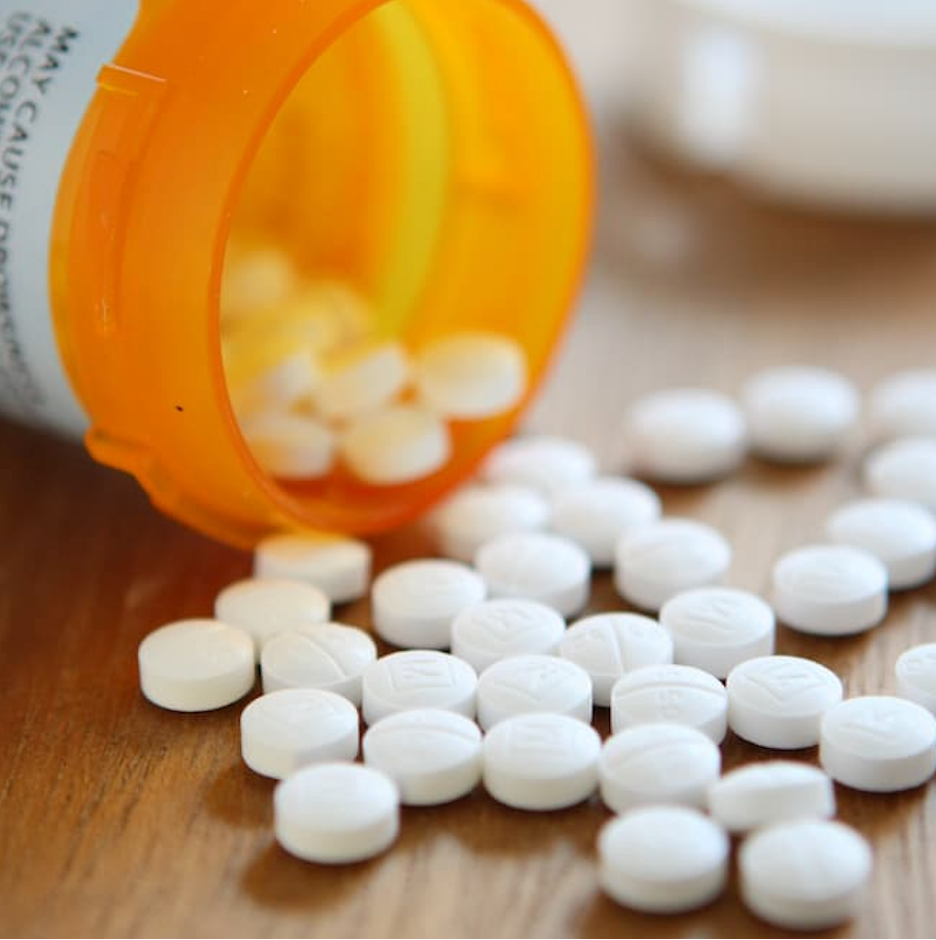Etanercept Biosimilars Outperform Biologic in ACR50 Response Rate at 1 Year
Although etanercept biosimilars demonstrated comparable efficacy, safety, and immunogenicity when compared with the reference drug, biosimilar treatment was associated with a better ACR50 response rate.
When compared with the reference drug, etanercept biosimilars had comparable efficacy, safety, and immunogenicity at 1 year in patients with rheumatoid arthritis (RA). However, the biosimilar groups exhibited greater benefits regarding the American College of Rheumatology 50% response rate (ACR50), according to a study published in Frontiers in Pharmacology.1
Image Credit: Adobe Stock/JJAVA

While biologics, such as etanercept, come with a higher price tag, biosimilars may be able to provide cost-saving benefits for patients while underscoring the necessity of medication access.2
“Despite this, we still see low use of biosimilars in some countries, especially where there are limited price differences between the biosimilars and originators and limited demand-side measures encouraging the preferential prescribing of biosimilars,” a team of international investigators wrote. “This low uptake is exacerbated by concerns regarding immunogenicity leading to a heightened ‘nocebo’ effect and doubts about the efficacy and safety of biosimilars in practice.”
The meta-analysis used PubMed, Central, Embase, and ClinicalTrials.gov databases to identify randomized controlled trials (RCTs) evaluating etanercept biosimilar treatment in patients with RA. Eligible studies were those that included adult patients with RA with an inadequate response to methotrexate (MTX) and RCTs written in English with a follow-up period of 24 weeks or longer that compared etanercept biologic with the biosimilar.
Outcomes of interested included the ACR20, ACR50, and ACR70 response rates at different time points from either a full analysis set (FAS) or per-protocol set (PPS), the proportion of patients who developed anti-drug antibodies, and adverse events. Bias risk was determined for each study using the Cochrane Risk of Bias in Randomized Trials tool.
Ultimately, 6 two-armed RCTs with 2432 patients were eligible for inclusion. The mean age raged from 46 to 55 years, the proportion of females ranged from 79.4% to 88.8%, and the length of follow-up ranged from 24 to 52 weeks.
Results indicated that etanercept biosimilars showed more benefits in ACR50 at week 24 from PPS (5 RCTs, odds ratio [OR] = 1.22 [1.01, 1.47], P = 0.04, I2 = 49%, high certainty) and at 1 year (3 RCTs, OR = 1.43 [1.10, 1.86], P <0.01, I2 = 0%, high certainty) when compared with the reference biologic. Better ACR50 was also observed at 1 year from FAS (2 RCTs, OR = 1.36 [1.04, 1.78], P = 0.03, I2 = 0%, high certainty) and better ACR70 at 1 year from PPS (3 RCTs, OR = 1.32 [1.01, 1.71], P = 0.04, I2 = 0%, high certainty) in patients receiving the biosimilar.
No significant differences in immunogenicity (5 RCTs, OR = 0.26 [0.06, 1.09], P = 0.07, I2 = 84%, low certainty) and efficacy were reported between the reference drug and biosimilars. Similarly, no significant differences in either adverse events (4 RCTs, OR = 0.94 [0.76, 1.18], P = 0.61, I2 = 0%, moderate certainty) or serious adverse events (5 RCTs, OR = 1.17 [0.82, 1.68], P = 0.39, I2 = 11%, moderate certainty) were observed between the biologic and biosimilar.
The certainty of evidence, as determined by the Grading of Recommendation Assessment, Development, and Evaluation (GRADE) framework, ranged from low to moderate.
As investigators only included phase 3 RCTs, the results may not be generalizable to real-world conditions based on the strict eligibility criteria. However, the findings reflect similar previous real-world studies.
“The main results of our study further support the utilization of etanercept biosimilars in clinical practice and decision making,” investigators concluded. “Future studies based on real-world data are needed to validate the findings of our study.”
References
- Hu R, Yuan T, Wang H, et al. Efficacy, safety and immunogenicity of etanercept biosimilars versus reference biologics in patients with rheumatoid arthritis: A meta-analysis. Front Pharmacol. 2023;14:1089272. Published 2023 Feb 16. doi:10.3389/fphar.2023.1089272
- Abraham, I., Han, L., Sun, D., MacDonald, K., and Aapro, M. (2014). Cost savings from anemia management with biosimilar epoetin alfa and increased access to targeted antineoplastic treatment: A simulation for the EU G5 countries. Future Oncol. Lond. Engl. 10, 1599–1609. doi:10.2217/fon.14.43